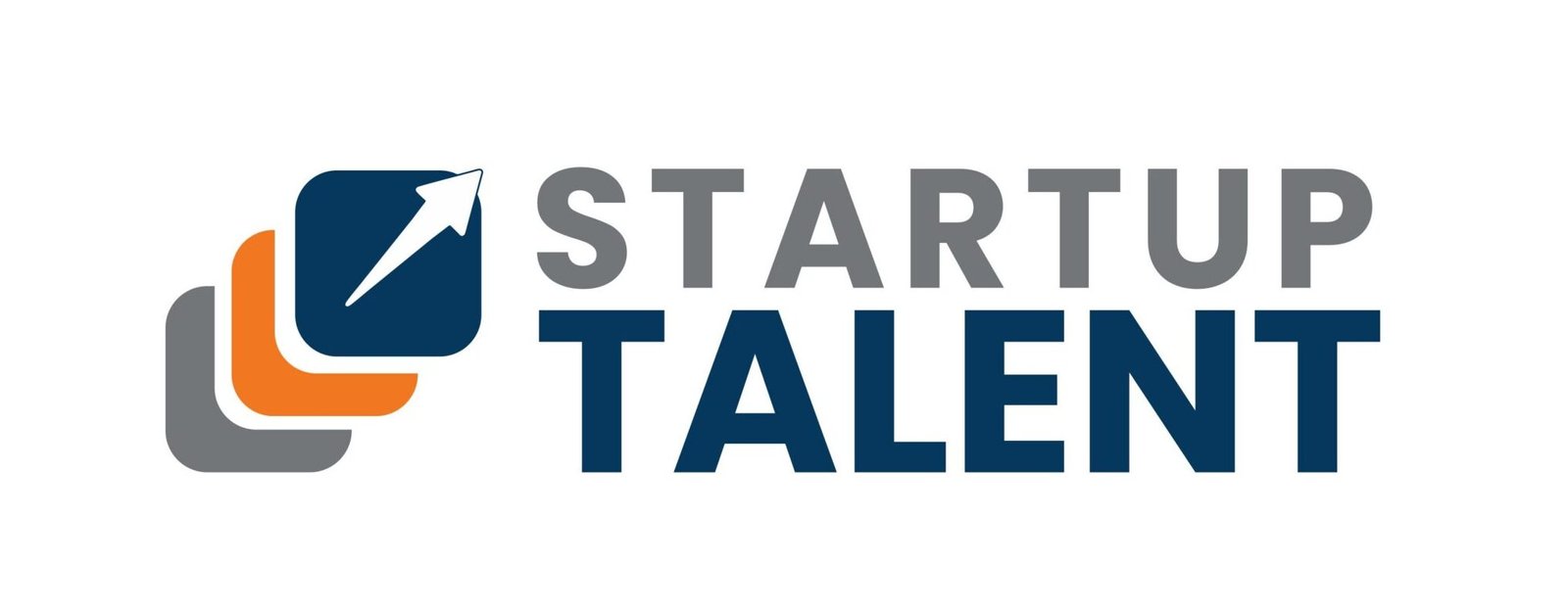From defining crystal-clear roles to leveraging technology and diversifying search methods, discover hidden gems for your startup team. Embrace candidates from diverse backgrounds and tap into untapped talent pools for inclusive hiring practices.
In the initial phases of a company, every recruitment decision carries significant weight. The selection of team members can either advance your business or impede its progress, impacting resource allocation greatly. Understanding the pivotal role of strategic hiring is paramount for fostering enduring expansion. Recruiters who delve deeper into candidate sourcing contribute to filling talent voids and constructing top-tier teams.
An effectively devised strategy enables the attraction of talent which resonate with your startup’s mission and values. It guarantees that each recruitment adds to your company’s culture and brings the essential skills and knowledge required for advancing your business. Prioritizing the discovery of candidates who seamlessly integrate into your organization fosters a conducive environment. This ultimately drives heightened productivity and overarching success.
Design Specific Roles for the Recruitment Process
Crafting well-defined roles is paramount for startup success. By delineating job responsibilities clearly, startups ensure that team members grasp their unique contributions toward fulfilling the company’s vision and objectives.
This clarity fosters a cohesive and productive workforce, instilling a sense of accountability among employees.
When each team member comprehends their role, productivity surges, accompanied by a heightened sense of ownership and purpose.
Startups should meticulously outline each position’s core responsibilities, encompassing specific tasks and projects. This precision aids in attracting candidates equipped with the requisite skills and experience.
Furthermore, role definition enables startups to set realistic performance expectations, facilitating effective evaluation. With transparent guidelines, gauging progress against predefined benchmarks becomes straightforward, facilitating constructive feedback.
Harness the Power of Technology
In today’s digital era, a plethora of tools and platforms are available specifically tailored for recruiting purposes. These technologies automate various aspects of hiring, from organizing candidate information with applicant tracking systems to using AI algorithms for resume screening and identifying the most qualified candidates. Leveraging such technology not only saves time and resources but also enhances the accuracy of hiring decisions.
Investing in recruitment technology extends your reach beyond traditional methods. Online job boards, social media platforms, and professional networks expose you to a vast pool of potential talent, including passive candidates who may not be actively seeking employment but could be enticed by the right opportunity.
Moreover, video interviewing software facilitates remote interviews, enabling you to consider candidates from different locations without incurring substantial travel expenses. By embracing these technological advancements and integrating them into your recruitment strategy, you position your startup to attract top-tier talent effectively and efficiently.
Don’t Restrict yourself to the Top Schools
Historically, employers have favored candidates from prestigious academic institutions under the belief that these schools attract the most talented individuals. However, this approach overlooks potential talent from less esteemed colleges and universities. Many high achievers, particularly those from disadvantaged backgrounds, may attend less prestigious universities due to circumstances unrelated to their abilities.
Rather than prioritizing candidates based on their alma mater, it’s advisable to focus on individuals who possess the necessary skills to excel in the role.
Increasingly, employers are shifting away from strict degree requirements and placing greater emphasis on skills.
Online tools such as LinkedIn Skill Assessments offer a means to evaluate candidates’ technical, business, and design proficiencies, allowing recruiters to screen applicants based on their skills rather than their educational background.
Focus on transferable skills
transferable skills are proficiencies which are not limited to a specific industry. Skills such as adaptability, communication, and problem-solving transcend particular job sectors. For instance, an individual with strong customer service experience, adept at listening to customers, may excel in a client-facing role across various industries.
Employers can signal their openness to hiring individuals with transferable skills by adjusting job listings accordingly.
Instead of overwhelming job seekers with an exhaustive list of required skills, focus on essential competencies and supplement them with broader skills applicable across the organization, such as strong communication or customer-centricity.
One method to evaluate the transferability of candidates’ skills to the workplace involves simulating real-world scenarios during job interviews.
Use bottom-up search
Initiating the candidate search from the bottom of search results is a strategy often overlooked by recruiters, who typically focus on the top-ranked candidates. However, sourcing expert Glen Cathey suggests this unconventional approach as a means to uncover overlooked talent.
By delving deeper into search results, recruiters may discover strong candidates that others have missed. Cathey emphasizes that neglecting to explore the bottom of search results means potentially overlooking some of the best candidates available.
Use innovation in search
Diversifying search terms beyond standard job titles can yield a broader range of candidates. For instance, while seeking data scientists, recruiters may miss qualified individuals who do not use that specific title to describe themselves.
By identifying alternative terms commonly associated with similar positions, such as “data centers” or “analytics,” recruiters can expand their search criteria and uncover hidden talent.
Additionally, considering common misspellings in candidates’ profiles provides another avenue to identify potential candidates.
Try to avoid the biases
Embracing candidates from marginalized populations presents an opportunity for inclusive hiring practices. Despite stereotypes, individuals with criminal records or those experiencing homelessness can be valuable contributors to the workforce.
Research indicates that the quality of workers with criminal records is comparable to or higher than those without records.
Similarly, organizations like Shelters to Shutters have successfully integrated homeless individuals into the workforce, demonstrating higher retention rates than industry standards.
By challenging stereotypes and offering opportunities to marginalized populations, companies can tap into untapped talent pools and foster a more inclusive workplace culture.
Your startup can use Startup Talent Pro – Talent Recruitment for Startups to avail PEO, EOR and even remote hiring services to grant access to the top-notch Global Talent. If you’re seeking versatile talent capable of wearing multiple hats and adapting to various roles as required, their solution has you covered. Go to Startup Talent Pro and find the flexible talent necessary to propel your startup to the next level.






